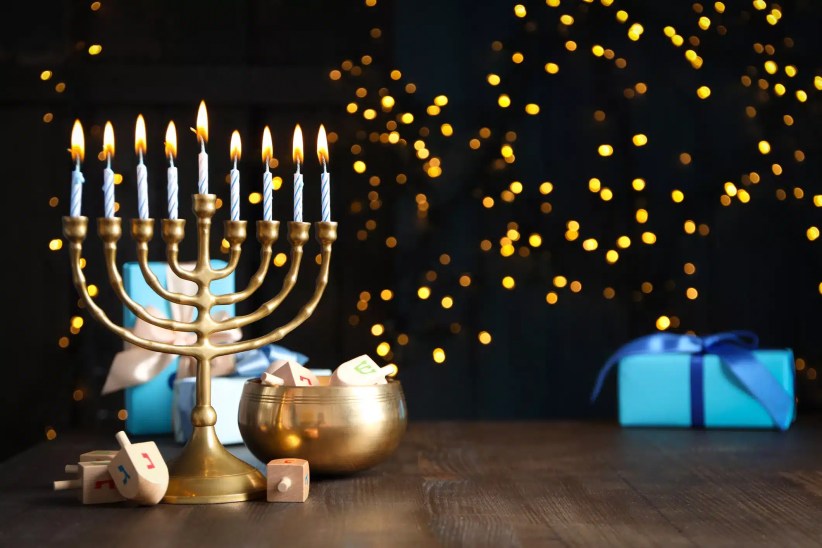Club Blis held a benefit concert last Thursday for Dana Blake, the slain bouncer, killed on April 13 while trying to enforce the citys smoking ban. Two hundred people showed up to the Long Island City nightclub where Blake worked, only 25 of them paying customers. The door proceeds amounted to a paltry $600.
For the bouncers who worked with Blake at Forte Security, the modest turnout reminded them of how little respect their dangerous profession gets. Bouncers are still left in the dark as to the role they should play in enforcing the mayors smoking ban. Are they responsible for enforcing it? They think so. According to the mayors office, its the Department of Healths (DOH) responsibility. The NYPD says they should be the ones called. Just how are the bouncers supposed to know what to do?
The Dana A. Blake Foundation was established to raise funds for security guards injured or killed in the line of duty and to assist underprivileged children from the Astoria Houses project where Blake lived. Eight musical groups donated their services on Thursday, including George Lamond, Nick Colon and Nu Image. Community activist, Carolyn Younger, spoke in the place of Senator Charles Schumer and Councilman Peter Vallone Jr., who were scheduled to appear.
"Were trying to raise money here for security guards," said Richard Allen, president of Forte Security, Inc. Were trying to expose the plight of security guards and the realities they face."
If Blakes murder did anything for his profession, it illustrated the dangers involved in nightclub security. In the weeks leading up to the arrest of Isaias Umali, who allegedly stabbed Blake in the groin after the bouncer skirmished with friends of his at Guernica, an East Village Club, the case received large scale attention from the media. Blakes death was perceived as a failure on the mayors part to enforce the law. The problem, Allen said, was that "security guards entrusted with securing the club never received instructions from the Health Department or the mayors office on their role."
"The city never gave us any guidelines for how to deal with this law," said Allen. "I wish the mayors office had sent out memos on the smoking ban. Id like to have the first copy of the procedures for how to enforce this law. Im at the point now, where Id rather let someone smoke than for one of my guys to get hurt again. I dont want to put them at risk. Im not a cop."
But if they let people smoke, club owners will risk stiff fines from New York City DOH, which can revoke a club’s permit if enough penalties are incurred.
Since the State Alcoholic Beverage Control Law prohibits police officers from working in establishments that sell alcohol, club security guards are left to fend for themselves, armed with only flashlights and radios. Its against the law for them to carry weapons like mace or billy clubs. If a customer refuses to put out his cigarette, as was the case with Blake, how is the bouncer supposed to react? Does he walk away, pick up the phone and call the police? An officer from the 113th Precinct in Jamaica said thats what hes supposed to do. But bouncers at Club Blis were under the impression that they were responsible for enforcing the law.
"Where were the police during this," asked a security guard from Forte Security who wished not to be identified. "Now because people cant smoke, people are going to be drinking more. Then when they get drunk, theyre going to want to light up. Whos going to enforce it? We are."
A man standing at the clubs door who identified himself as an official with the NYPD, said the department has a fairly new unit called the Club Enforcement Task Force that works in conjunction with club security and hits clubs for smoking and under-age drinkers. But the task force only targets clubs suspected of law violations. The job of security is left to the bouncers, which is the position that Dana Blake found himself in on April 13.
Blake, unsure of how to respond to the smoking ban, reportedly took it upon himself to tell customers to extinguish their cigarettes resulting in his tragic death.
According to the NYPD, a bouncer in his position should have called the police. Why didn’t Blake and the other bouncers know what to do?































